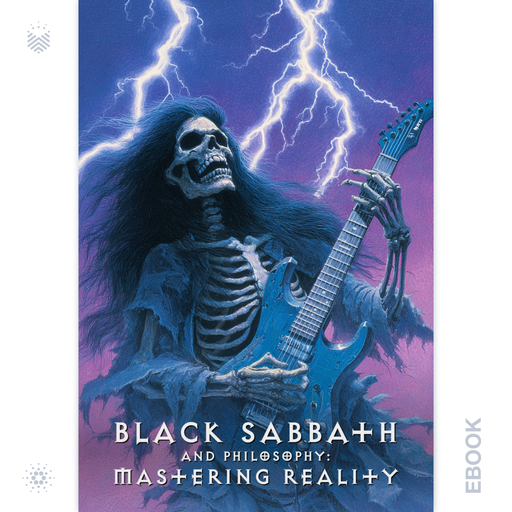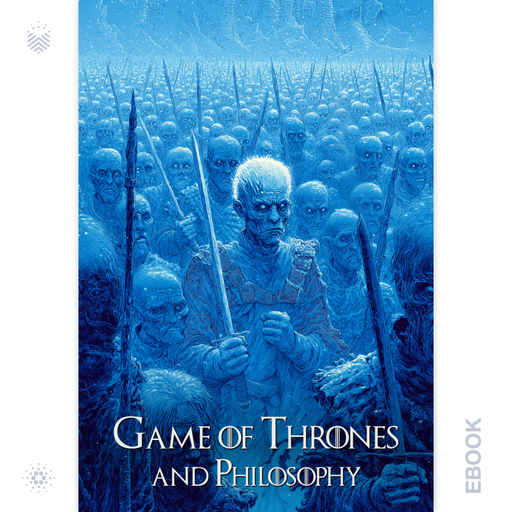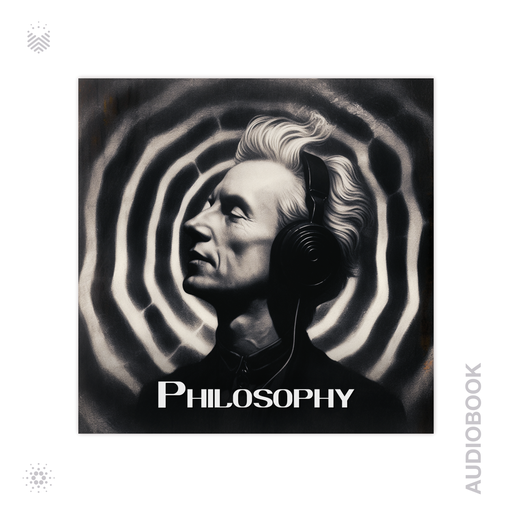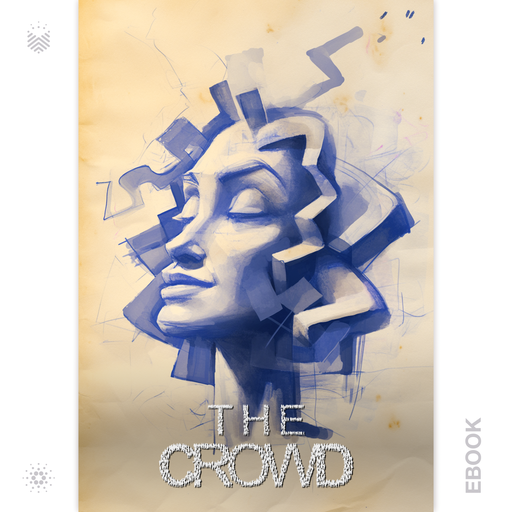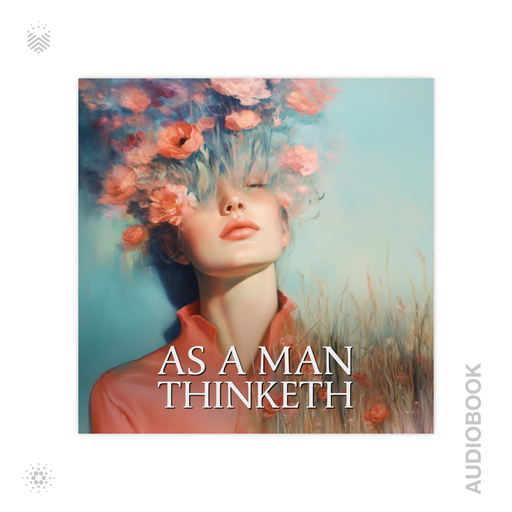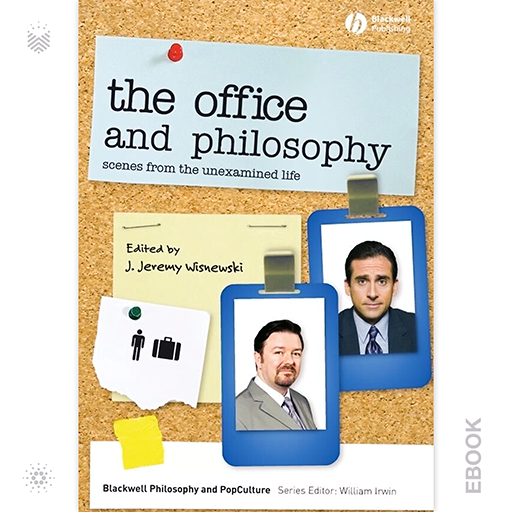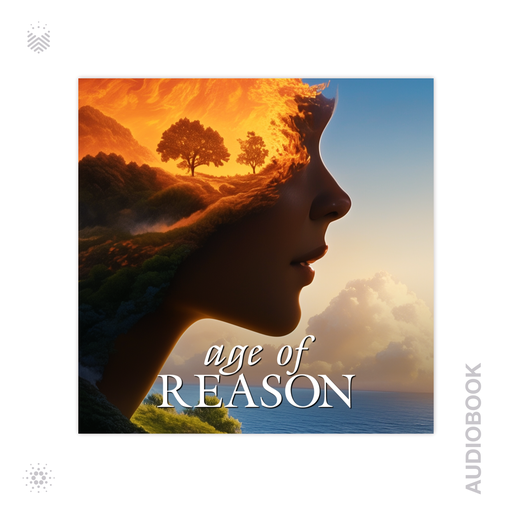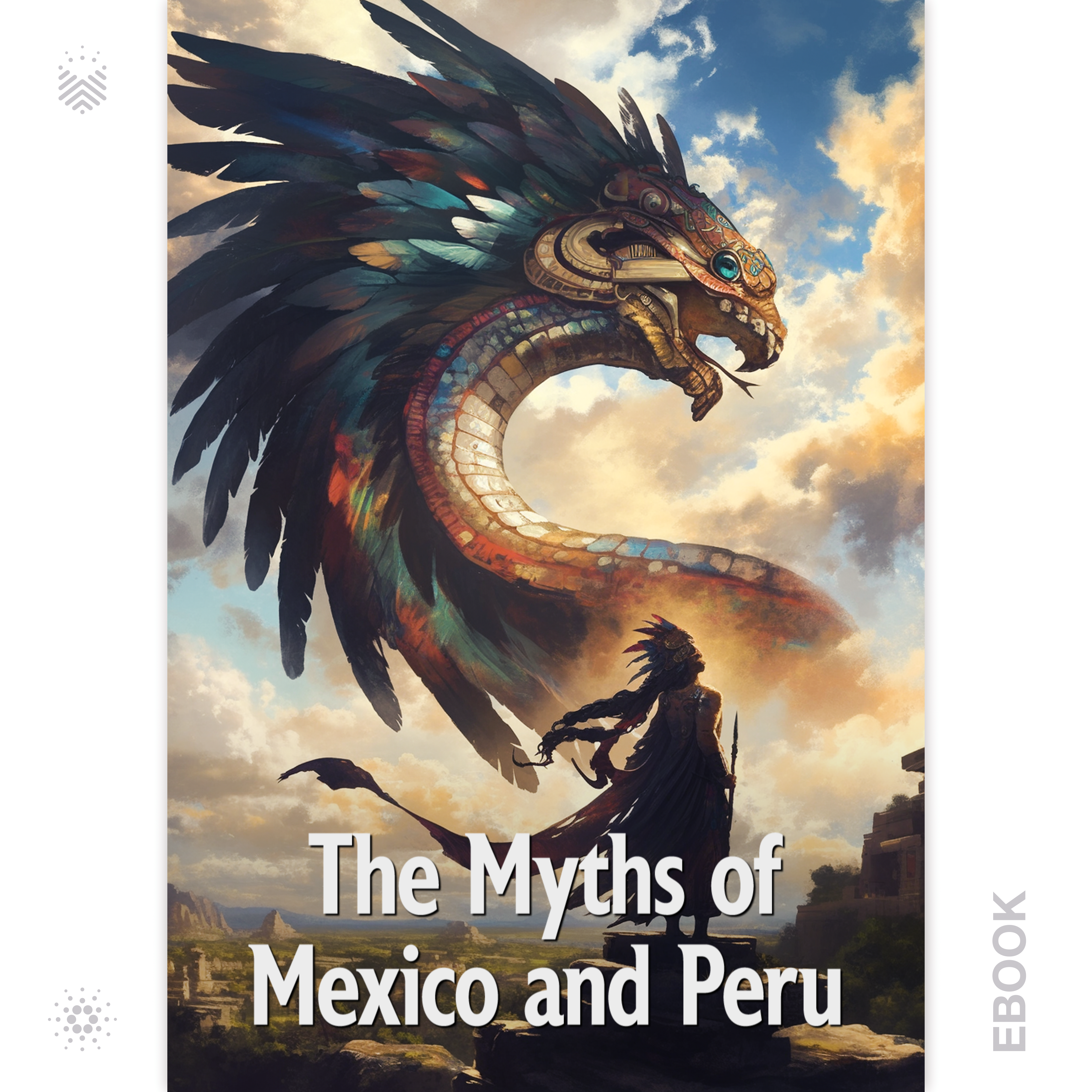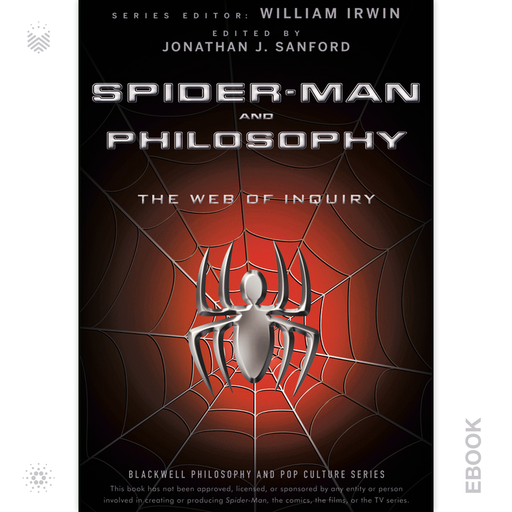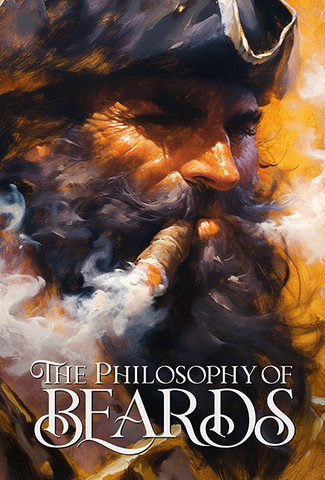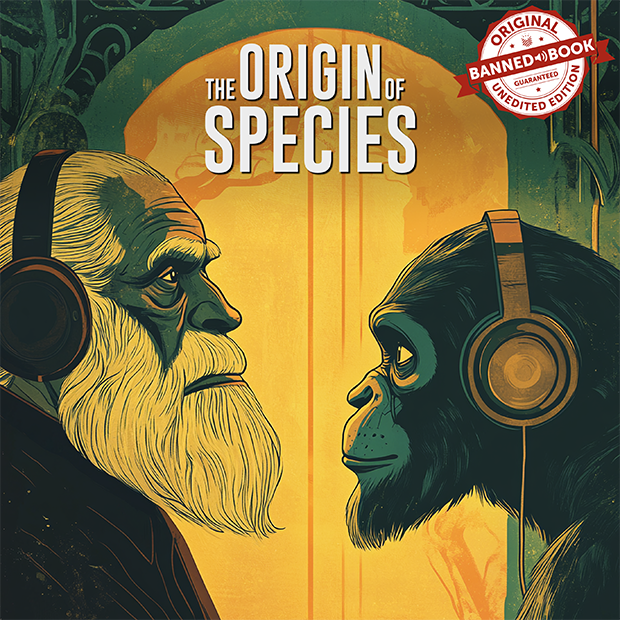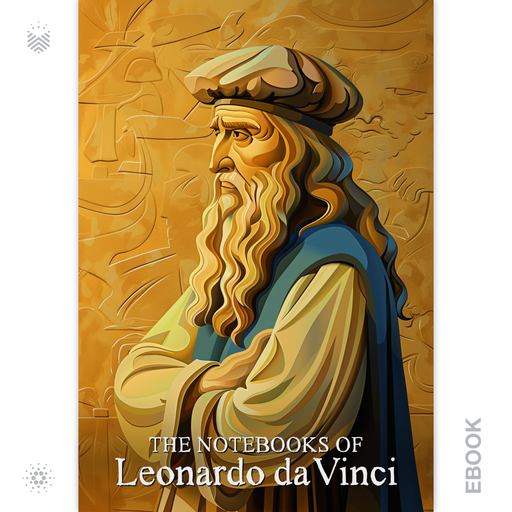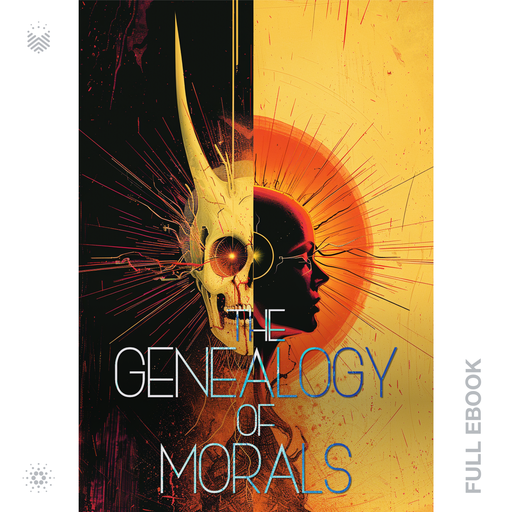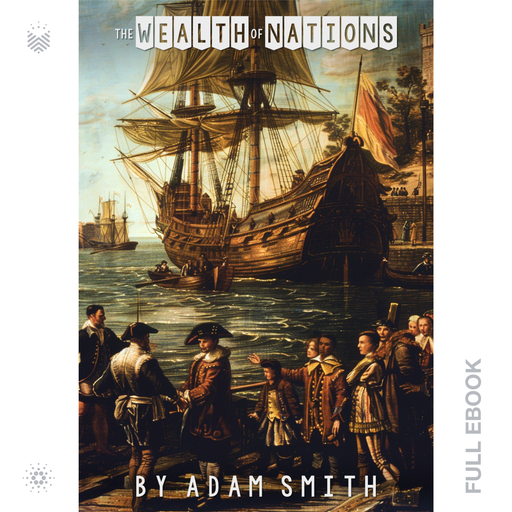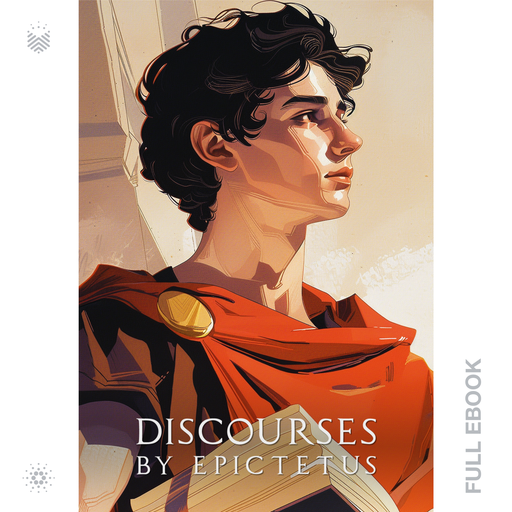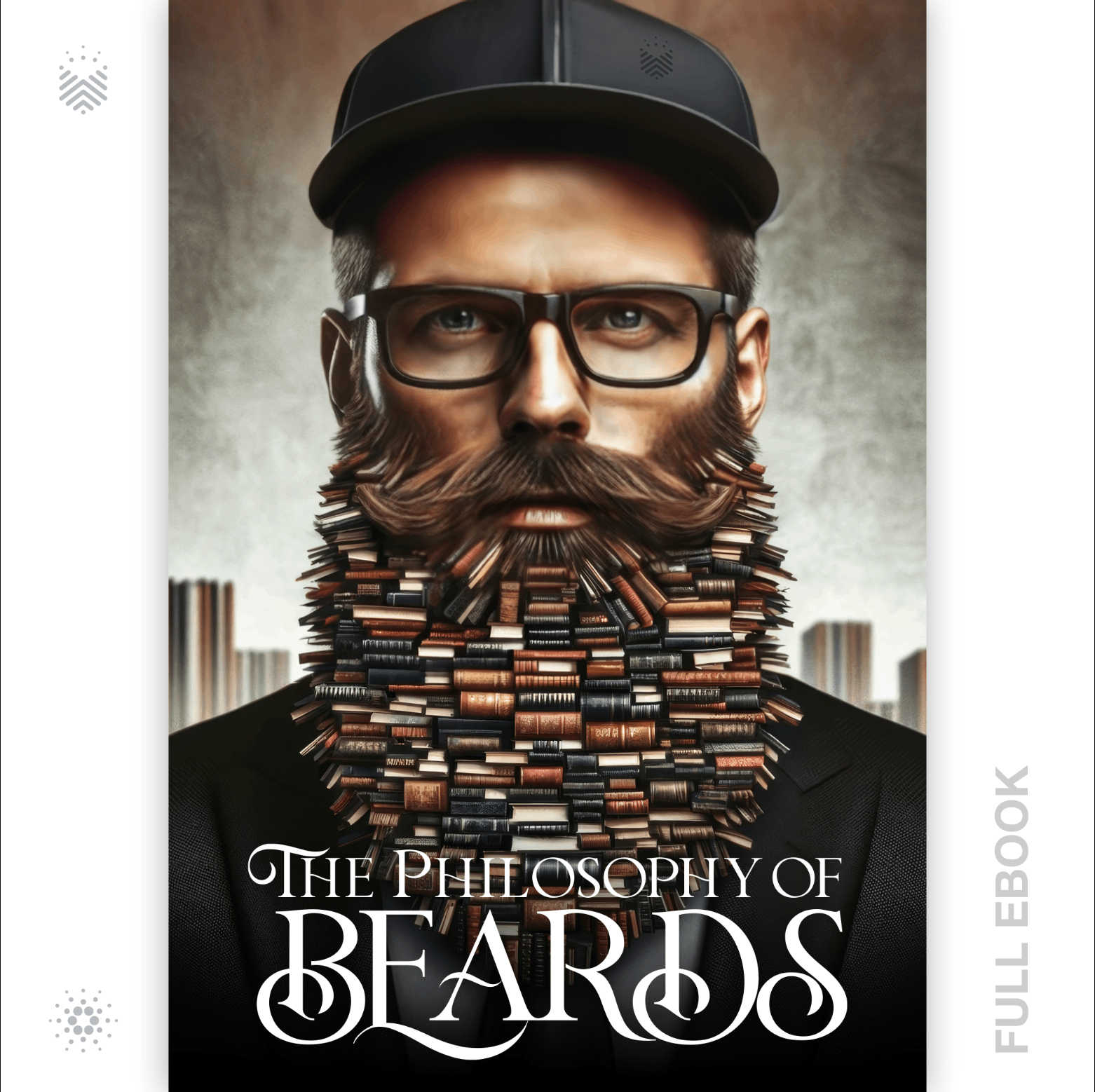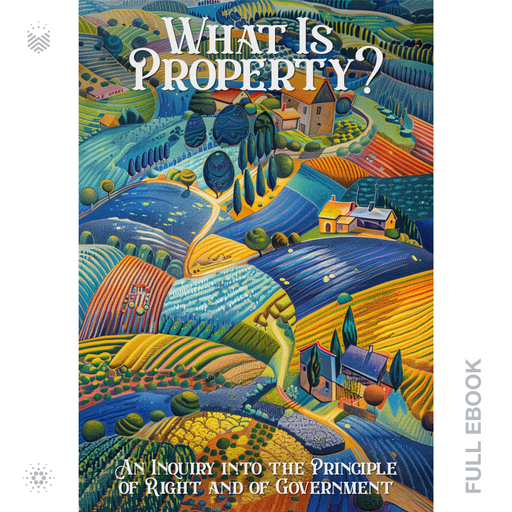by William Irwin
A philosophical look at heavy metal’s dark masters of reality, Black Sabbath
Black Sabbath is one of the world’s most influential and enduring rock bands. Dubbed “the Beatles of heavy metal” by Rolling Stone, they helped to define a genre with classic songs like “Paranoid”, “Iron Man”, and “War Pigs”, songs whose lyrics reveal hidden depth and philosophical insight.
… Read More
by Henry Jacoby
An in-depth look at the philosophical issues behind HBO’s Game of Thrones television series and the books that inspired it
Read More
by Bertrand Russell
In What I Believe, Bertrand Russell outlines his personal philosophy with bold clarity, grounding his worldview in reason, love, and the pursuit of truth. He challenges religious dogma and traditional moral codes, advocating instead for a life guided by compassion and knowledge. Russell argues that human happiness and ethical living depend not on faith or superstition but on intellectual honesty and emotional integrity. His work provides a thoughtful and accessible guide to living meaningfully i… Read More
by Henry David Thoreau
Walden by Henry David Thoreau invites readers into a deeply personal experiment in simple, deliberate living. Thoreau withdrew from society in 1845 to spend over two years in a cabin near Walden Pond in Concord, Massachusetts. During this time, he observed nature, reflected on human society, and recorded his insights with clarity and conviction. His aim focused on stripping life down to its essentials to understand what truly matters, challenging readers to reconsider their assumptions about suc… Read More
by Bertrand Russell
Bertrand Russell’s Philosophy is a profound exploration of the fundamental questions about existence, knowledge, and the nature of reality. Through his engaging and logical style, Russell invites readers to challenge assumptions and embrace the intellectual curiosity that defines philosophy.
Read More
by Gustave Le Bon
Gustave Le Bon’s The Crowd: A Study of the Popular Mind is a groundbreaking exploration of collective behavior and its psychological underpinnings. This influential work examines how individuals transform within crowds, revealing the dynamics that drive mass movements and societal shifts.
Read More
by Sun Tzu
Sun Tzu’s The Art of War is a timeless masterpiece on strategy, leadership, and conflict resolution. Revered by military leaders, business professionals, and strategists worldwide, this ancient text offers profound insights into the dynamics of competition and success.
Read More
by James Allen
James Allen’s As a Man Thinketh is a timeless classic that delves into the profound connection between thoughts and personal destiny. This transformative work offers practical insights into how the power of the mind can shape one’s character, circumstances, and ultimate success.
Read More
by Friedrich Nietzsche
Beyond Good and Evil challenges conventional notions of morality and truth, diving into the complexities of human existence, power dynamics, and individual freedom. Nietzsche confronts philosophical dogmas and societal constructs with boldness, inspiring readers to question the very foundation of their beliefs.
Read More
by J. Jeremy Wisnewski
Just when you thought paper couldn’t be more exciting, this book comes your way! This book—jammed full of paper—unites philosophy with one of the best shows ever: The Office. Addressing both the current American incarnation and the original British version, The Office and Philosophy brings these two wonders of civilization together for a frolic through the mundane yet curiously edifying worlds of Scranton’s Dunder-Mifflin and Slough’s Wernham-Hogg.
… Read More
by Thomas Paine
The Age of Reason by Thomas Paine grabs readers with a bold proposition: can faith be reconciled with logic and reason, or must it be confined to blind tradition? Paine, a staunch advocate for deism, launches a thorough critique of organized religion, arguing that belief in God should come from reasoned thought and observation of nature, not from ancient scriptures or church doctrines.
Read More
by Lewis Spence
“The Myths of Mexico & Peru” by Lewis Spence is a historical account written in the early 20th century. The work explores the rich mythologies and civilizations of ancient Mexico and Peru, offering insights into their art, culture, and belief systems. It delves into the intricate narratives that defined these cultures, touching upon their gods, rituals, and the historical contexts surrounding their civilizations. The opening of the text sets the stage for an exploration of Mexica… Read More
by Jonathan J. Sanford, William Irwin
Untangle the complex web of philosophical dilemmas of Spidey and his world
Since Stan Lee and Marvel introduced Spider-Man in Amazing Fantasy #15 in 1962, everyone’s favorite webslinger has had a long career in comics, graphic novels, cartoons, movies, and even on Broadway. In this book some of history’s most powerful philosophers help us explore the enduring questions and issues surrounding this beloved superhero: Is Peter Parker to blame for the death of his uncle? Does great power really… Read More
by Thomas S. Gowing
The Philosophy of Beards by Thomas S. Gowing is a whimsical exploration of facial hair that transcends mere grooming advice to delve into the deeper cultural and philosophical significance of the beard. Gowing, a Victorian-era advocate for the beard, presents a spirited defense of facial hair as a symbol of masculinity, intellect, and individuality. Through witty anecdotes and historical anecdotes, Gowing celebrates the beard as a timeless symbol of rebellion against societal norms and a reflect… Read More
by Charles Darwin
The Origin of Species, also known as The Origin of Species by Means of Natural Selection, shook the foundations of science and society when Charles Darwin unveiled his revolutionary theory of evolution. In this groundbreaking work, Darwin presented the idea that species evolve over time through natural selection, where individuals with the strongest traits pass those traits down to future generations. This concept transformed our understanding of life on Earth and sparked debates that continue t… Read More
by Adam Smith
“The Wealth of Nations” by Adam Smith revolutionized economic thought and remains a cornerstone of modern economics. In this seminal work, Smith explores the principles of capitalism, arguing that free markets, competition, and self-interest drive economic prosperity. Smith’s insights into the division of labor, the invisible hand of the market, and the role of government intervention continue to shape economic policy and theory to this day.
… Read More
by Leonardo da Vinci
Rare Evo Exclusive
The Notebooks of Leonardo da Vinci unlocks the mind of a genius, revealing a treasure trove of sketches and ideas that blend art and science in groundbreaking ways.
Read More
by Karl Marx, Friedrich Engels
Karl Marx and Friedrich Engels wrote “The Communist Manifesto” in 1848 to articulate the principles and goals of communism. They created this political pamphlet during a time of significant political and economic change in Europe. The growing industrial revolution and widespread worker dissatisfaction influenced their work. Marx and Engels aimed to provide a clear explanation of communist ideology and rally the working class to overthrow the capitalist system.
… Read More
by Friedrich Nietzsche
In Friedrich Nietzsche’s seminal work, “The Genealogy of Morals,” readers are plunged into a philosophical exploration of the origins and development of moral values. Nietzsche challenges conventional notions of morality and traces its evolution from its primitive roots to its modern manifestations. With piercing insight and provocative rhetoric, he delves into the psychological, cultural, and historical forces that shape human ethics, offering a radical critique of traditional… Read More
by Laozi
The “Tao Te Ching” is a foundational text in Taoism, an ancient Chinese philosophical and religious tradition, written around 400 BC.
It is a collection of 81 short chapters, each containing poetic and philosophical verses. The text explores the concept of the Tao (Dao), which can be translated as the “Way” or the “Path.” The Tao represents the fundamental and unnameable force that underlies and unifies the universe.
… Read More
by Adam Smith
“The Wealth of Nations” by Adam Smith revolutionized economic thought and remains a cornerstone of modern economics. In this seminal work, Smith explores the principles of capitalism, arguing that free markets, competition, and self-interest drive economic prosperity. Smith’s insights into the division of labor, the invisible hand of the market, and the role of government intervention continue to shape economic policy and theory to this day.
… Read More
by Epictetus
In “Discourses,” Epictetus, a Stoic philosopher, shares timeless wisdom on ethics, personal development, and living a virtuous life. Drawing from his own experiences and observations, Epictetus offers practical advice on how to navigate life’s challenges with resilience and inner strength.
Read More
by Thomas S. Gowing
“The Philosophy of Beards” by Thomas S. Gowing is a whimsical exploration of facial hair that transcends mere grooming advice to delve into the deeper cultural and philosophical significance of the beard. Gowing, a Victorian-era advocate for the beard, presents a spirited defense of facial hair as a symbol of masculinity, intellect, and individuality. Through witty anecdotes and historical anecdotes, Gowing celebrates the beard as a timeless symbol of rebellion against societal norms… Read More
by Pierre-Joseph Proudhon
“What Is Property?” by Pierre-Joseph Proudhon is a foundational work in political philosophy, challenging conventional notions of ownership and advocating for social equality. Published in 1840, it sparked debates on property rights and economic justice.
Read More

